Insurance coverage for boats and yachts varies greatly from company to company. Researching and selecting the most comprehensive insurance protection available – to ensure the appropriate level of coverage for your vessel, yourself and your onboard guests – is of the utmost importance. To assist you with this process, Chubb Recreational Marine Insurance, one of the nation’s largest marine insurance specialists, offers these tips for smart insurance buying.
Tips from the marine insurance specialists:
1. Total loss settlement:
The most significant coverage difference between various policies is whether the loss settlement basis is “Agreed Value” or “Actual Cash Value.” Agreed Value policies typically pay the limit shown on the policy when the boat is deemed to be a total loss. An Actual Cash Value policy may only pay the current market value of the boat, factoring in depreciation. While an Agreed Value policy generally costs more and provides broader coverage, Actual Cash Value polices may suit the needs of an owner looking for an economical alternative with less coverage. Note: Some lenders may require you to carry Agreed Value coverage.
2. Partial loss settlement:
“Replacement Cost” coverage normally pays for damage on a “new for old” basis (less your deductible), and age depreciation is not factored in for most losses. Actual Cash Value coverage for partial losses may reduce your claim payment based upon depreciation, and your policy deductible will apply as well. However, some specific parts of a boat or yacht may be subject to depreciation.
3. Liability coverage:
Some important Liability features to ask about include coverage for: legal defense costs, wreck removal, oil pollution and contamination clean-up, and non-owned (i.e. borrowed) boats. If you employ a captain or crew, you should ensure that Jones Act coverage is included in your policy.
4. Medical payments:
Determine whether coverage includes you and your family, and that your intended activities are covered, such as waterskiing. Given equal amounts of Medical Payments insurance, coverage on a “per person” basis may be preferable to coverage on a “per accident” basis.
5. Uninsured/underinsured boater coverage:
This is an important feature to have in your policy since many boaters may not have insurance (or enough).
6. Supplemental coverage:
Check to ensure that Personal Property coverage and Towing & Assistance are available, and choose the limits that suit your needs.
7. Seek out the marine experts:
Consider working with an insurance agent or company that specializes in marine insurance. They can help you navigate through the different options and select the coverage that’s right for you. In addition, marine specialty agents and insurance companies can generally offer broader coverage than a typical auto and home insurer.
Insights and expertise
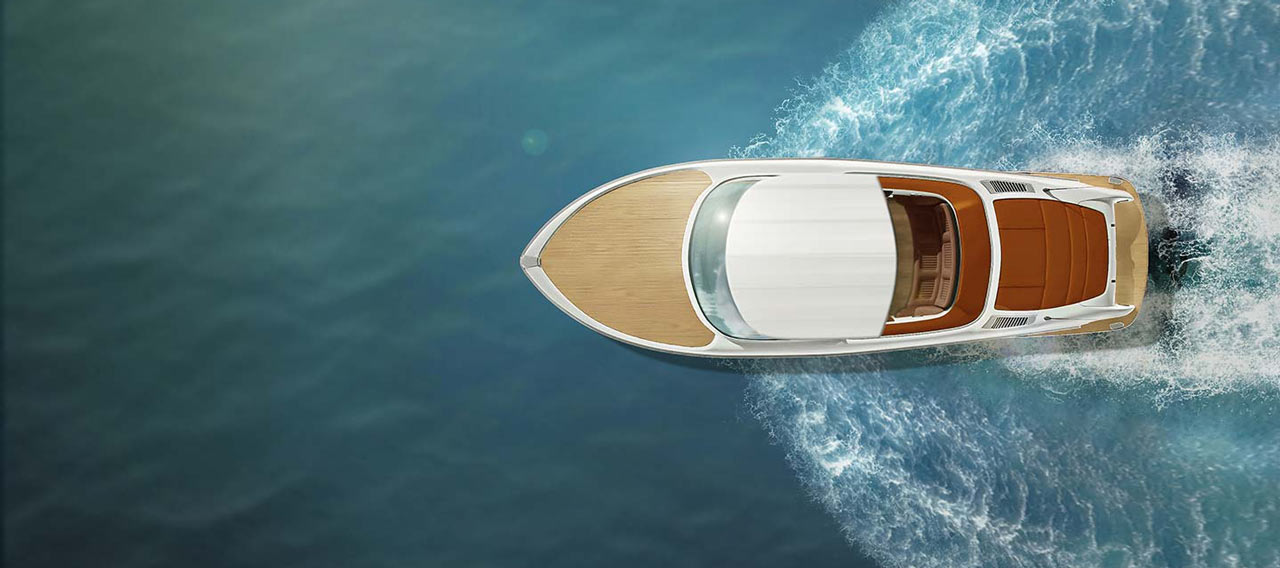
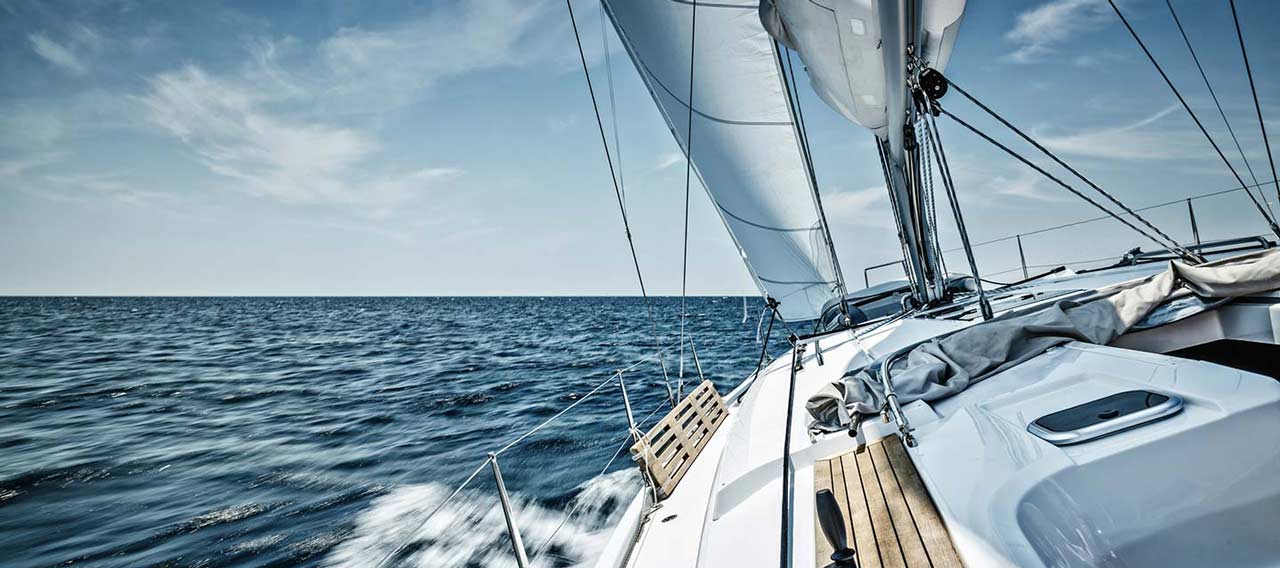

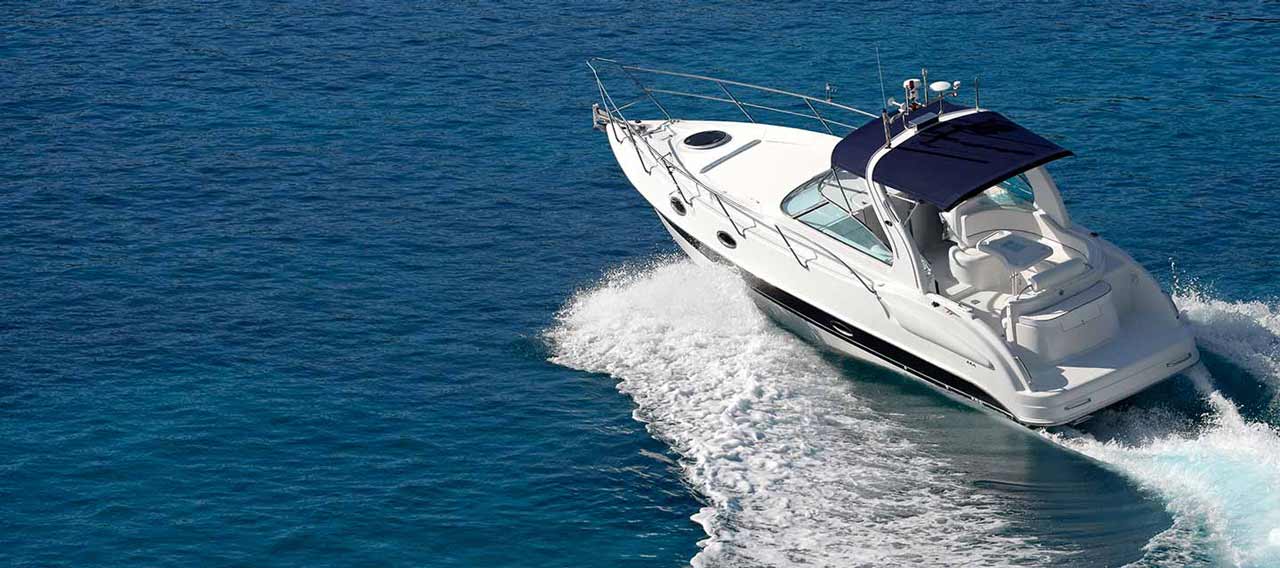
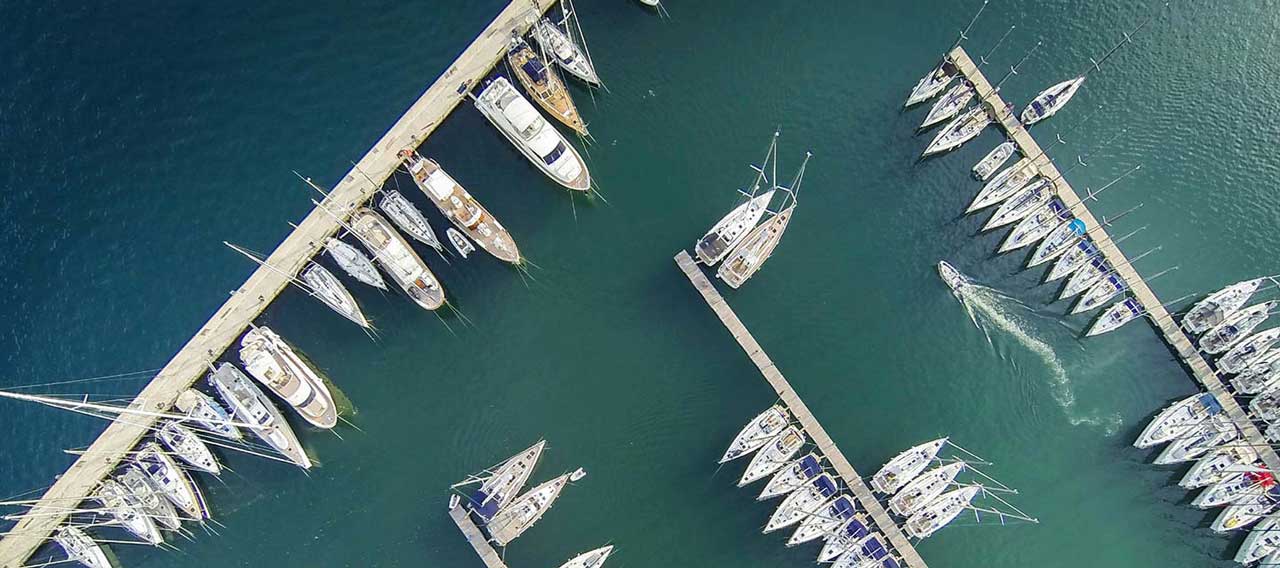
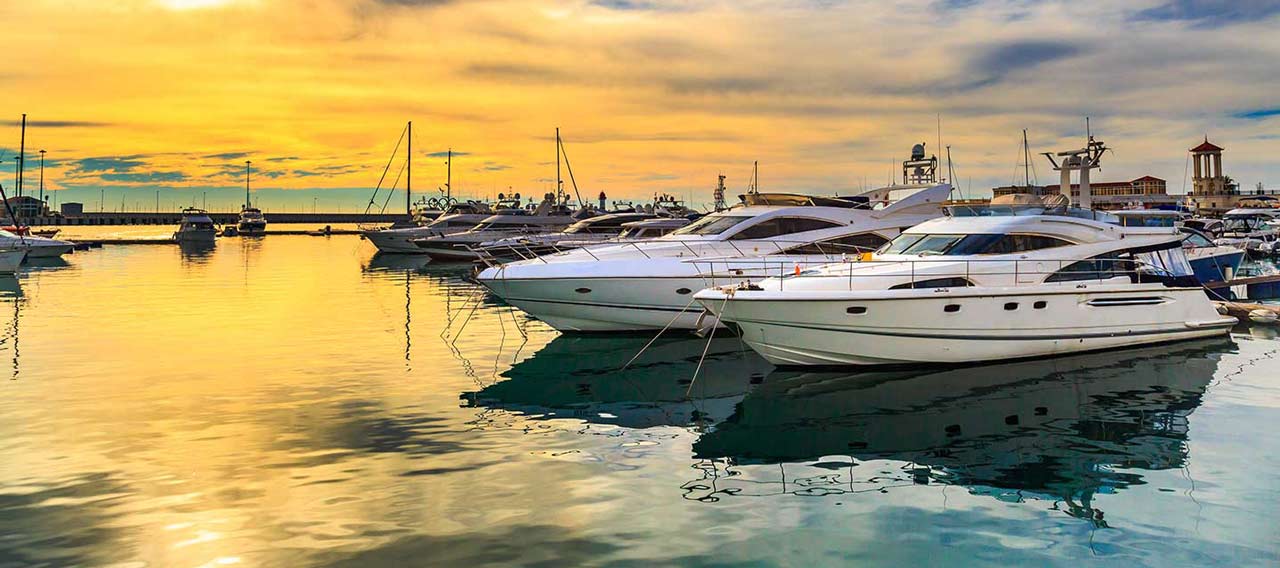
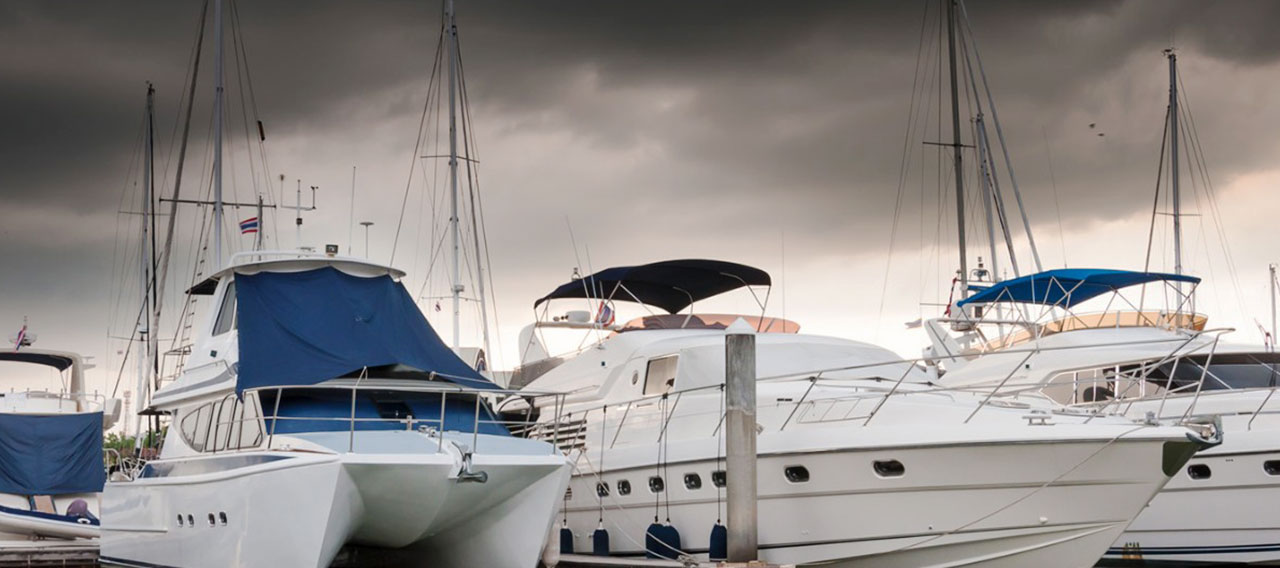
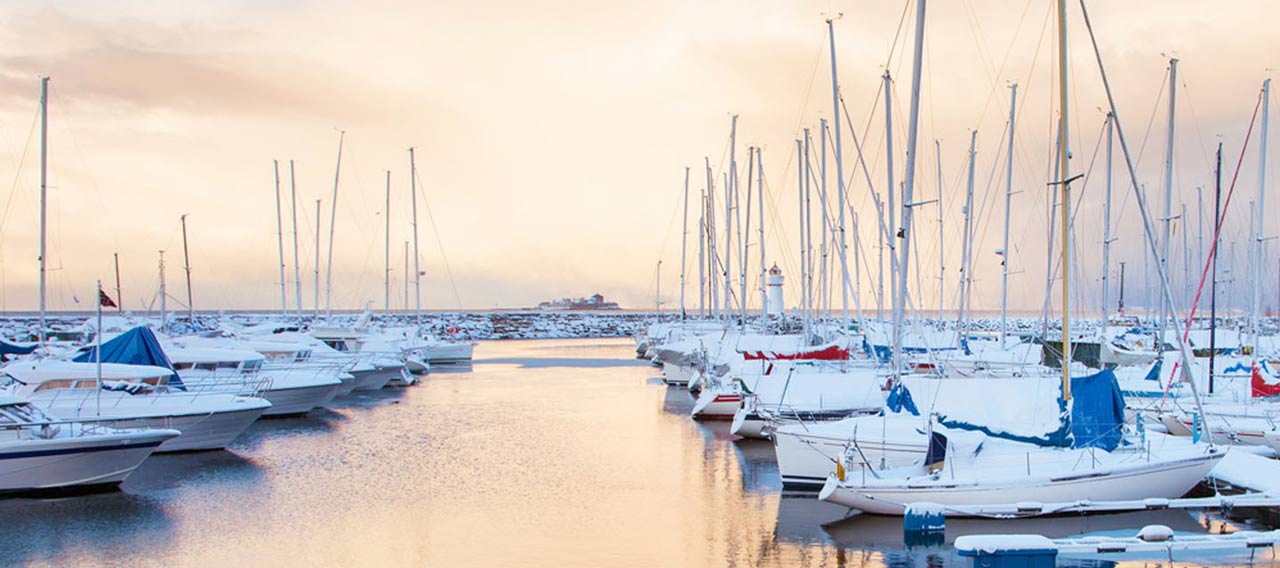
This document is advisory in nature and is offered as a resource to be used together with your professional insurance advisors in maintaining a loss prevention program. It is an overview only, and is not intended as a substitute for consultation with your insurance broker, or for legal, engineering or other professional advice.
Chubb is the marketing name used to refer to subsidiaries of Chubb Limited providing insurance and related services. For a list of these subsidiaries, please visit our website at www.chubb.com. Insurance provided by ACE American Insurance Company and its U.S. based Chubb underwriting company affiliates. All products may not be available in all states. This communication contains product summaries only. Coverage is subject to the language of the policies as actually issued. Surplus lines insurance sold only through licensed surplus lines producers. Chubb, 202 Hall's Mill Road, Whitehouse Station, NJ 08889-1600.










